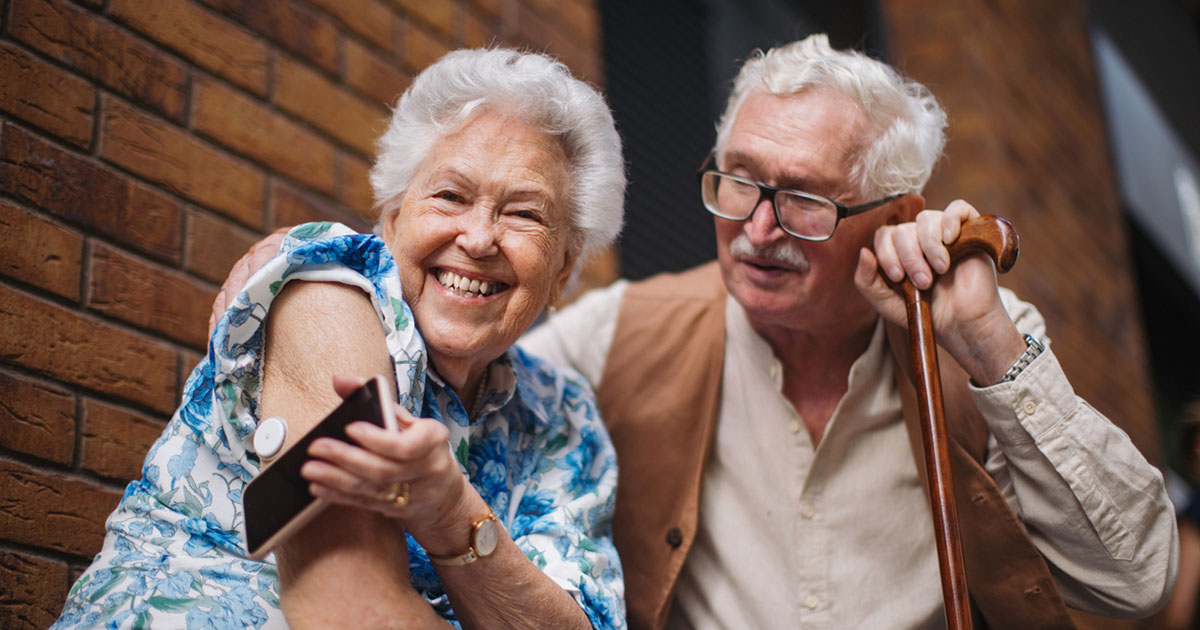Standard 3 of the diabetes National Service Framework (NSF; Department of Health, 2002) encourages partnerships between people with diabetes and the healthcare professional. It also advocates the drawing up of acceptable and individual care plans to allow patients to be involved in their day-to-day management, along with their carers. This will allow them to acquire the confidence to take control of their diabetes and, in turn, enable them to enjoy a good quality of life.
For service planners, this means the development of effective care plans, robust structured education, and behavioural change programmes. These may sound as though they are provided for the person with diabetes, but how many of us, as nurses, would benefit from them – particularly the last two?
The need for self-management
Why should people with diabetes manage their own condition? Apart from the control and confidence they feel, Williams et al (1998) produced evidence that people who made their own decisions achieved significant reductions in their HbA1c levels, showing that, apart from quality of life, the patient also progressed clinically.
Nurses must therefore have enough confidence in their own knowledge to pass it on to the individual, not just in a superficial way, but also with enough depth to bring about self-management with understanding. If the person with diabetes understands the reasons behind the advice given, concordance is more likely to follow.
The nursing profession is more involved in the day-to-day management of people with diabetes than any other health professional, so is it time to have a close look at our practice to see if we are conforming to the recommendations of the NSF and the National Institute for Health and Clinical Excellence. In doing so, are we allowing the person with diabetes the autonomy to make informed choices?
Heller (2003) believes that we need more research to show how successful self-management can be achieved and that ‘educators have to be well trained and comfortable, allowing patients appropriate autonomy’.
For some of us who trained many years ago, it was generally accepted by the individual that the professionals knew best and the concept of patient empowerment was in the distant future. Now this concept is here, it has been a huge shift for some of us and one that has been difficult to adopt. In their articles, both Jill Rodgers (page 83) and Florence Brown (page 86) look at the empowerment consultation model demonstrated by Anderson et al (1995). This is a useful tool to take us away from the traditional medical model.
Paterson (2001), while interviewing people with diabetes for her study, found that more than half of those interviewed stated that they had met few health professionals whose practices were empowering. She says ‘practitioners cling to professional dominance’. In her conclusion to the study, she states that despite, paying lip service to empowerment, professionals (including nurses) continue to follow the ‘traditional biomedical model’. Further reasons given for this response were that, firstly, the health professionals ignored the experience of the individual and, secondly, they were unable to provide the resources necessary for someone with diabetes to make informed decisions.
A uniform need?
The concept of self-management is not for everyone with diabetes. There are exceptions to patients’ abilities and desires to do this. Their goals may be totally different to those of the nurse and they may not wish to be actively involved in the decision making aspect of their condition. In trying to empower the patient, we may put stresses on them that are difficult to accept. There may be poor psychological adjustment to the condition and it is vital that the nurse recognises this. Conversely, it is also important not to assume that we know best about who can or cannot achieve these aims. How many times have the ability and determination of those who have severe problems astounded us?
Technologically, there has never been a better time to self-manage diabetes. The introduction of improved blood glucose monitoring meters, insulin delivery devices and new evidence-based therapies have all contributed to this. Technology is continually advancing to support diabetes self-management. As nurses, we must accept the evidence put before us and do the same.





The mortality benefits of smoking cessation may be greater and accrue more rapidly than previously understood.
2 Apr 2024